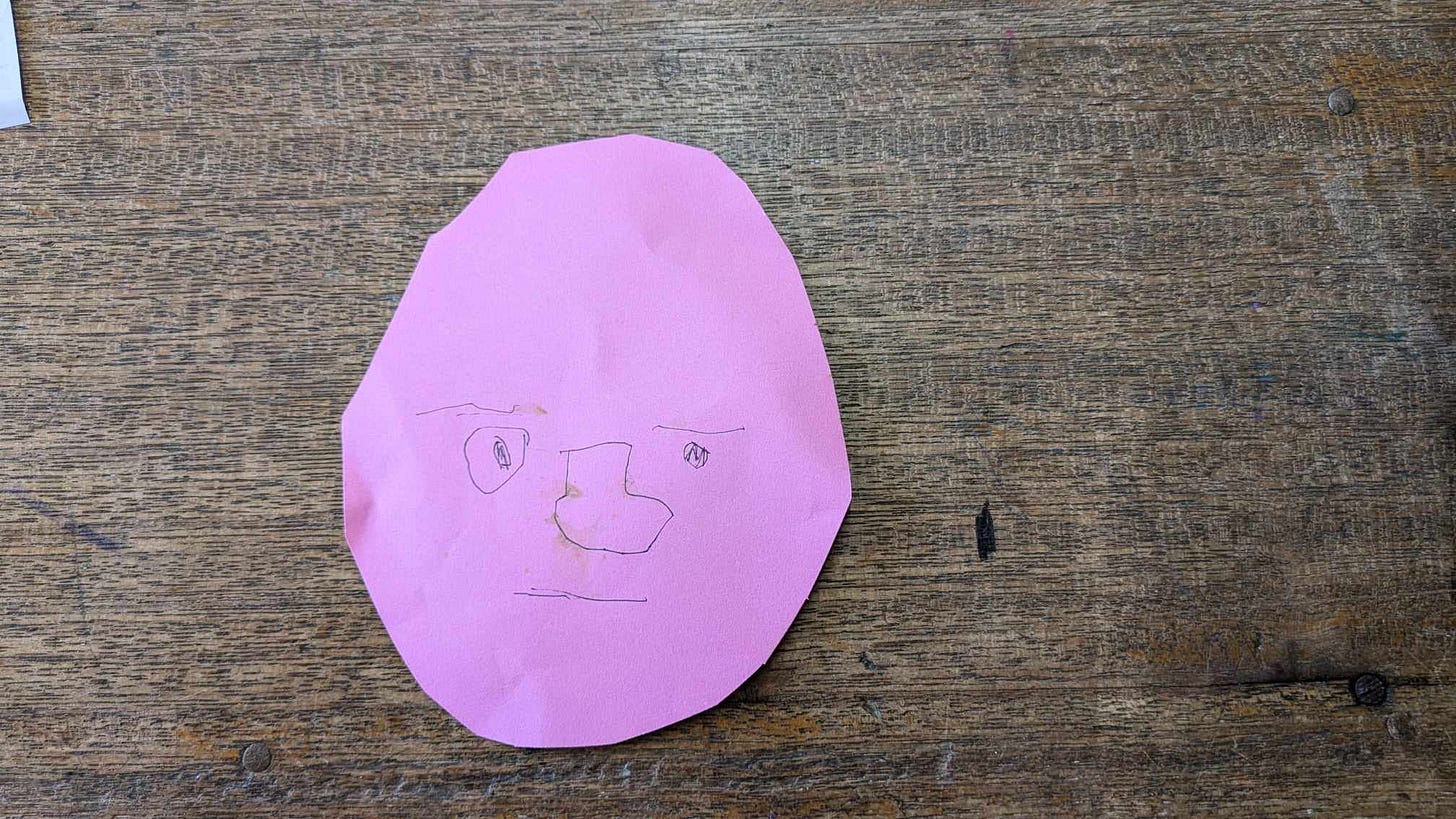Year 3: #7
Being an immigrant from an English-speaking company, one of the most common questions people ask me in Japan is, “Do you teach English?”
The answer is much more no than yes.
To begin my answer, I will explain my history of employment in Japan. From 2007-2011 I taught English full-time and worked part-time at a bar, and as a fake priest for weddings.
I moved back to the USA from 2011-2015. I had thought about changing careers but ended up becoming a more professional educator, earning an MA in Education, and becoming an administrator in preschool.
(Here is a link to an article about the current state of teaching English in Japan.
https://www.asahi.com/ajw/articles/15349927 )
After becoming a finalist for a tenure track-job at a college, I decided to move my family back to Japan where the system is more supportive of families in the sense that people basically do not struggle to feed their families or pay medical bills, at least not to the extent that they do in the USA.
I thought that I could use my experience and advanced degree to either get a job at a college, get a job as an administrator in an international school, or start my own school.
To get back to Japan, I got a job in the JET program. JET stands for “Japan Exchange and Teaching).
I was assigned as an assistant English teacher in the Nagano City public high schools. I did that job for about three years. During those first seven years of my life, if somebody had asked me if I taught English in Japan, I would have just said, " Yes.”
After that, I took a role as a head teacher at an international school for a couple of years. I did a lot of teacher training, but also a lot of classroom teaching, including some after-school English lessons. During those two years, I answered more “yes and no.”
After that, I took a job as an administrator in an education startup, where the focus was teacher training, online education for preschool teachers, and parent education. Eventually, my job involved virtually no English communication, at that point, the answer became, “no.”
Currently, I work in the head office of an education company advising teachers, and administrators about the role of art in Early Childhood Education. I do occasionally teach English, but it is a small fraction of my job.
In fact, Japan updated its national guidelines for Early Childhood Education in 2018. The changes reflected the type of education I studied in graduate school. (The Reggio Emilia Approach, Joh Dewey, etc.).
So, I am, in fact, doing my own small part to help Japan accomplish some lofty goals to modernize, if not revolutionize, their own education system.
But, in my experience, it is hard for people in Japan to understand that my job isn’t really related to English, so sometimes I just answer, “Yes.”
And, when I do that, people seem happier with the answer than when I explain what I actually do.



